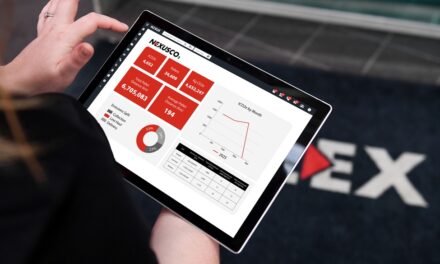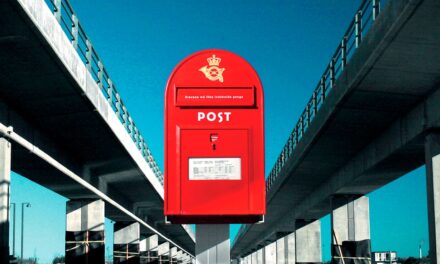
PostNord issues interim report for January-June
PostNord has announced net sales of SEK 19,228m and an operating income of SEK 30m for the January-June half-year period. Focusing on the April-June quarter, Håkan Ericsson, President and CEO of PostNord, commented: “Net sales excluding acquisitions and currency effects totaled SEK 9,590m, a decline of 1% compared with the corresponding quarter last year, mainly as a result of falling mail volumes. The Group’s adjusted operating income amounted to SEK -1m (33) for the quarter and SEK 299m (345) for the first half-year.”
Ericsson added: “The Group’s reported operating income totaled SEK -270m (503) in the second quarter and SEK 30m (815) in the first half-year.
“Our dynamic and essential program of adjustment being conducted in all our countries has delivered a reduction in operating costs, but in Denmark above all further efforts will be needed to establish acceptable profitability. Unfortunately, during this process of adjustment a number of quality failures arose on the mail side. Strong measures and continuous focus have restored quality to a high level in Sweden, but further improvements are necessary in Denmark.”
Mail volumes continued to decline – but Ericsson said that postal legislation is being revised in the light of this trend.
“In early May, a broad agreement was reached in Denmark’s Folketing (Parliament), to the effect that the regulatory framework for the Danish business has now been realigned to the prevailing level of demand,” said Ericsson. “This will enable us to increase the pace of adjustment in the business and to offer services that correspond better to our customers’ needs.
“In Sweden, the government’s special inquiry presented a recommendation that the requirement for overnight delivery be changed to two-day delivery. This is a positive development. As regards the price ceiling, certain changes in the right direction are proposed. Since the 1990s, postal rates have risen marginally, while labor costs have increased by around 60% and mail volumes have halved. This demonstrates the unsustainability of fulfilling the universal service obligation on reasonable financial terms while a price ceiling is maintained. A Swedish household spend in average around SEK 160 annually on postage. The final report from the inquiry is expected after the summer.”
Ericsson highlighted the efforts that PostNord is making to capitalise on the growth of e-commerce, and reported B2C volumes rose by 15% in the second quarter, compared with the corresponding quarter in 2015.
The PostNord CEO rounded off by his statement by saying: “We have all the conditions in place to offer the type of communication and logistics services that people and businesses demand, not least in the e-commerce sector, today and tomorrow.”












